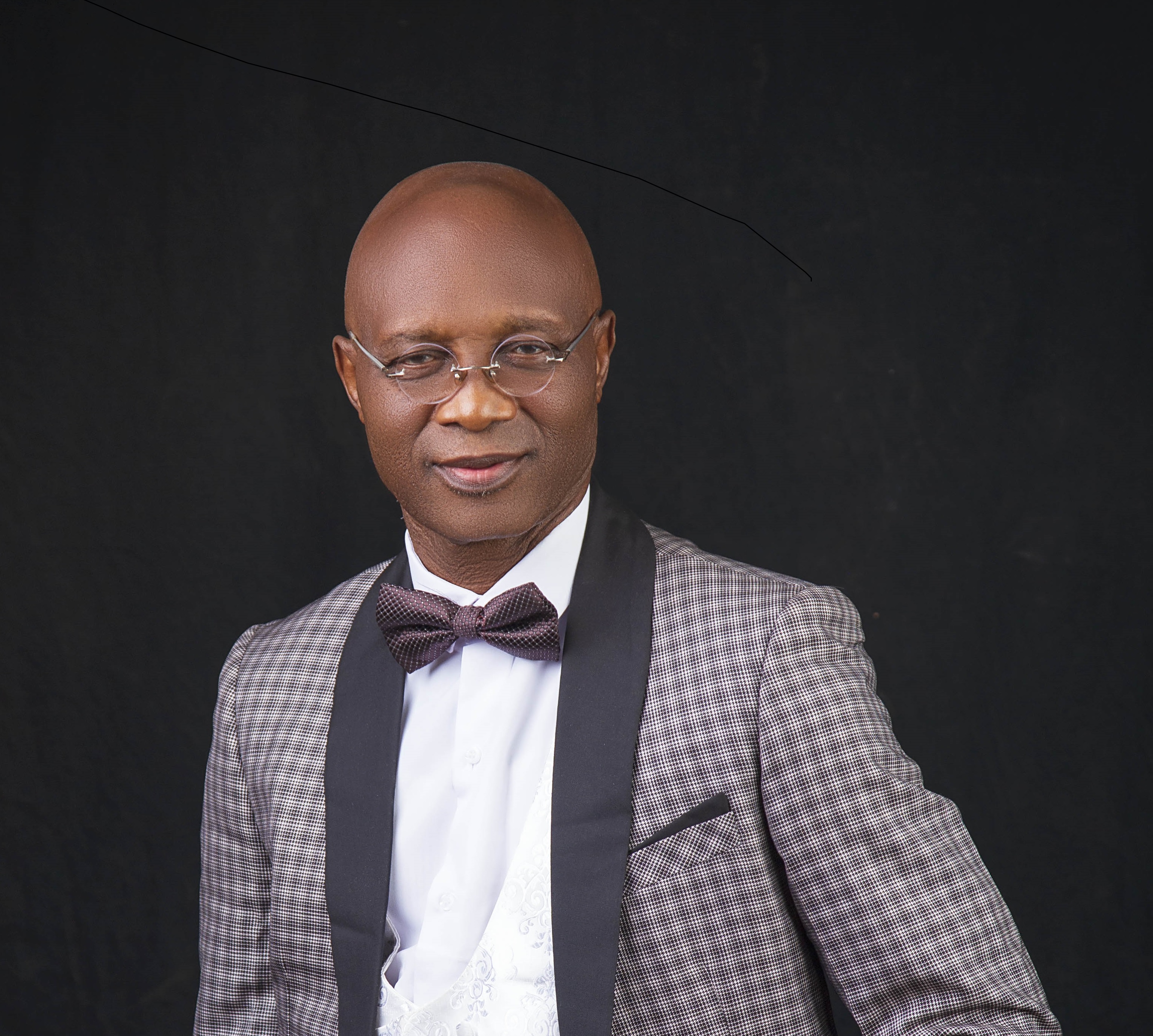WHOSE REPORT WILL YOU BELIEVE? (PART 2)
TEXT:
"And being not weak in faith, he considered not his own body now dead, when he was about an hundred years old, neither yet the deadness of Sara's womb:" (Romans chapter 4 verse 19, King James Version).
The Bible informs us in the Book of Romans chapter 15 verse 4, saying,
"For whatsoever things were written aforetime were written for our learning, that we through patience and comfort of the scriptures might have hope." From the story of Abraham therefore, we have much to learn from this morning as regards putting faith in God Word in lieu of conflicting circumstances of life
According to the Scripture reading for today, Abraham had before him two conflicting pieces of evidence, the report of God's Word that the Lord had made him the father of many nations and the report of his natural circumstances, being the deadness of his own body and that of Sarah, his wife. Faced with such a situation, notice what the Bible says about Abraham, that "against hope (he) believed in hope, that he might become the father of many nations, according to that which was spoken" by God. (Romans 4 verse 18, emphasis added). Someone has rightly said that “To believe against hope is the root of the gift of miracles.” This is true, whether it relates to believing the Lord for healing or for any other of His promises.
Indeed, Abraham had cogent and tangible natural reasons not to believe God's Word. There was an immense hope against him, a natural hope. In the Court of human nature, Abraham would have no compelling reasons to support his cause as it had become obviously absurd and illogical to believe that a man like him that was now a hundred years of age with his wife's womb that had by reason of age also been pronounced to be clinically dead, could become the father of many nations as God had said. Abraham's physical senses told him it was impossible to father a child at his age, yet he considered not his own body, nor the deadness of his wife's womb. Yes, the Bible says of Abraham that
"being not weak in faith, he CONSIDERED NOT his own body now dead, when he was about an hundred years old, neither yet the deadness of Sara's womb:" (Romans 4 verse 19, emphasis added). This was what made his faith to be commendable and worthy of emulation. This is what has earned him the epithet “Abraham the father of faith"
Experience has shown that if you are poised for a miracle from God, there are certain things you should never consider and in place thereof, there's One to be considered! When it comes to healing for instance, you should NEVER CONSIDER symptoms (Jonah 2 verse 8); but instead thereof, in line with Hebrews 3 verse 1, CONSIDER JESUS, the Apostle and the High Priest of our profession, who "Himself took our infirmities, and bare our sicknesses," (Matthew 8 verse 17); "by whose stripes you were healed" (1st Peter 2 verse 24). As a believer, learn to look beyond symptoms unto God's promises. We are to de-esteem them, while we esteem God's Word above them.
In the same vein, and on a general note, in your quest for God's intervention in life, learn to never consider your physical limitations, but instead, be resolute about believing God's report about your situation. This is the roadway to miracles, signs and wonders, if you are to see one. The reasons for this are simple:
“With God all things are possible” (Genesis 18 verse 14; Jeremiah 32 verses 17 and 27; Matthew 19 verse 26) and God does things unto you “according to your faith” (Matthew 9 verses 22 and 29).
PRAYER:
Father, I esteem Your report about my life over and above the circumstances around me, no matter how adverse and compelling they appear to be, in Jesus name.
